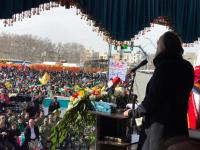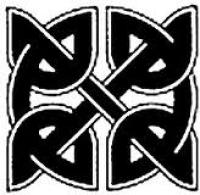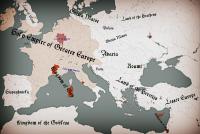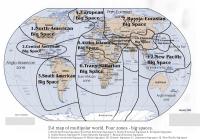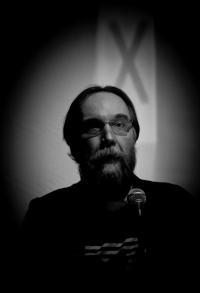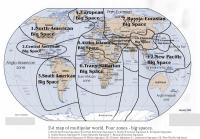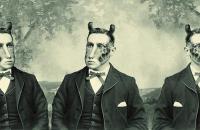Speech on the 40 anniversary of Iranian Revolution (2020, Karaj/Alborz)
We should stand together with the awakened Iranians, awakened Shiites, awakened muslims and all awakened from other confessions and religions in order to participate on the same side in common struggle against Daddjal, the Lier which we call Antichrist and which is identified in the actual world in globalism, Western hegemony, global capitalism and murderous politics of United States of America with all theirs pawns, puppets and proxies.
The Iranian Revolution ids the revolt against modern World in favor of eternal truth and the coming age of the Restoration, Resurrection and establishing of global Justice. It is our common struggle – we have common enemy and we should feel ourselves as brothers in spirit and arms.

